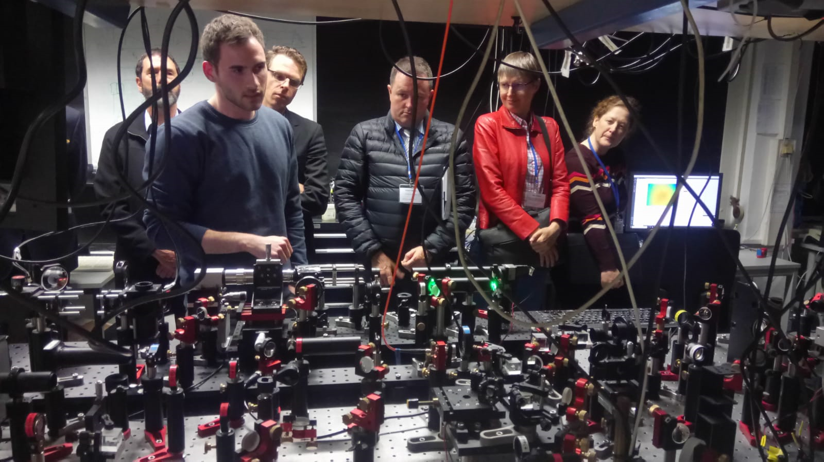5 February 2020 at 9:00 am
Towards a low-carbon future – together
For both New Zealand and Germany, academic research into sustainability is a priority. A recent delegation to Germany looked at how our two nations can work together on this shared goal.

The week-long programme was organised and funded to a large extent by DAAD (the German Academic Exchange Service), with the overall objective of deepening existing academic links and encouraging the development of new ones, under the theme of transitioning to a low-carbon economy.
Led by ENZ Chief Executive Grant McPherson, delegates from New Zealand’s Centres of Research Excellence (CoREs) met with German academics, researchers, government officials and students in Bonn, Cologne, Aachen, Hamburg and Berlin.
As an outcome of the trip, DAAD and the Kiwi delegates are working on an action plan that includes opportunities for cooperation between New Zealand researchers and their German counterparts, particularly on sustainability issues in line with the visit’s theme; a potential government-level arrangement to facilitate academic exchange; and possible funding for post-graduate student mobility.
It was the first time that ENZ had brought such a senior research delegation to Germany.
“Germany is one of New Zealand’s key education partners in Europe, with nearly 3000 German students travelling to New Zealand in 2018,” McPherson says. “However, alongside student recruitment, we’re renewing our focus on encouraging academic mobility between our two nations.”
“This delegation was all about showcasing the excellence of New Zealand’s research institutions. Our academics produce world-class work, and teaming up with partners like Germany will only create more opportunity for researchers to solve some of the world’s biggest problems.”


